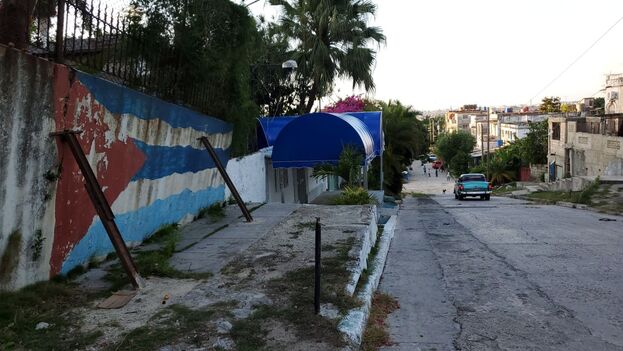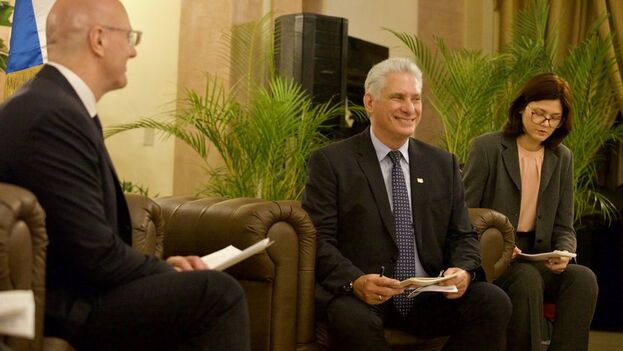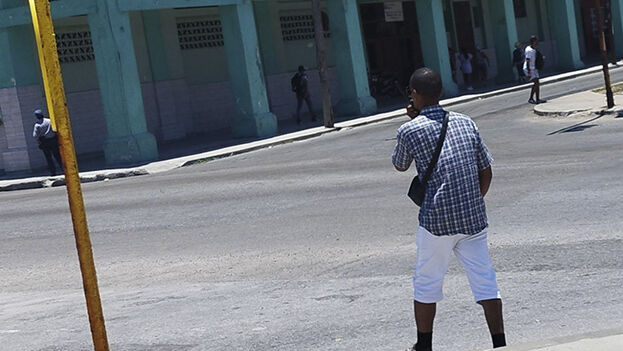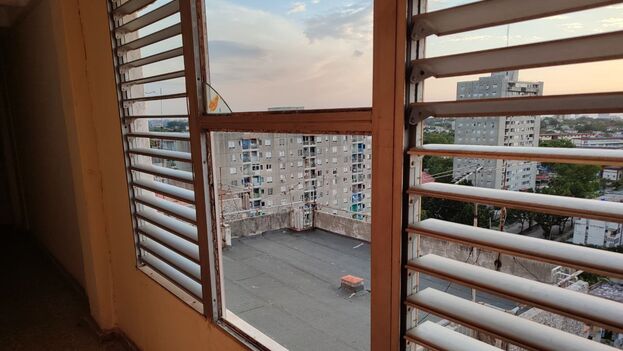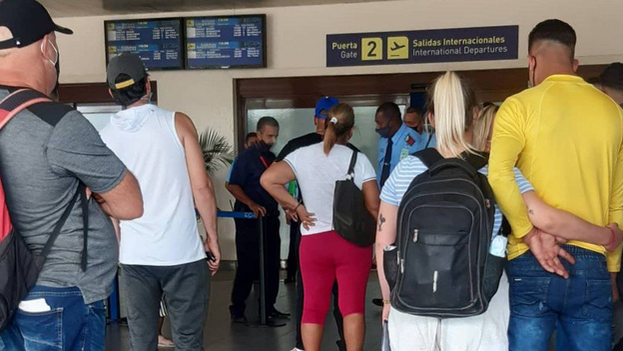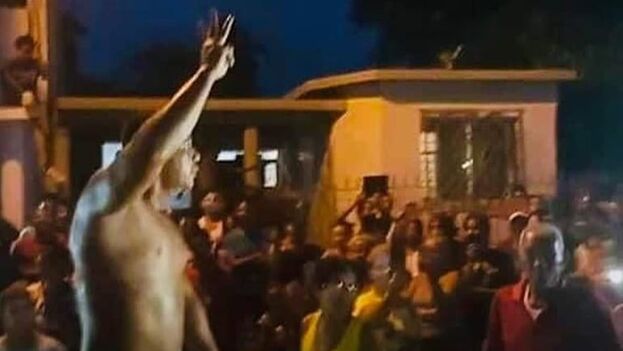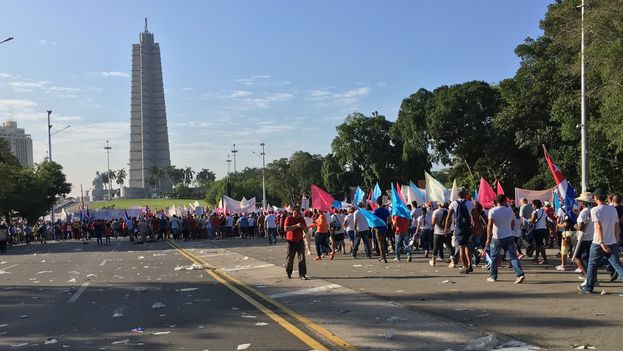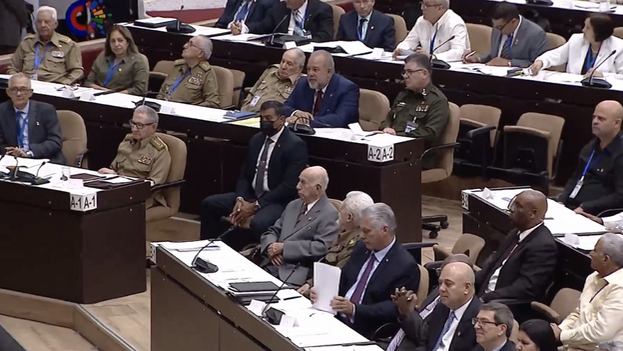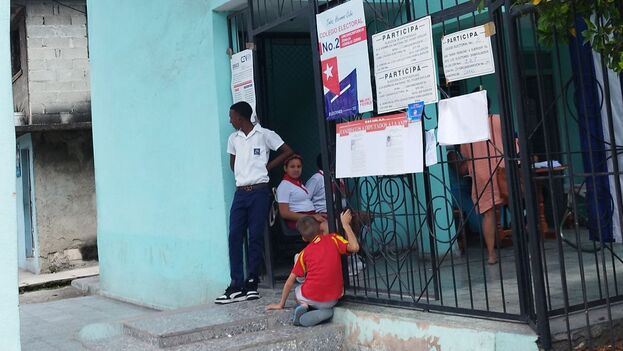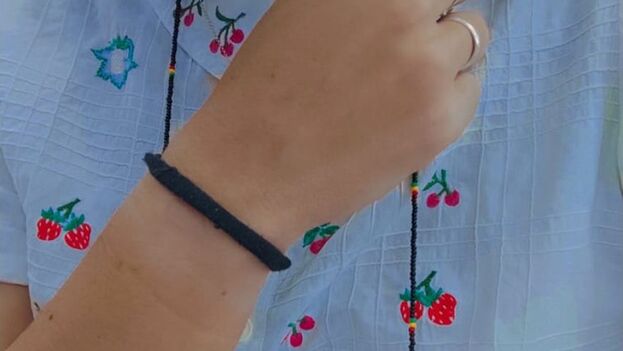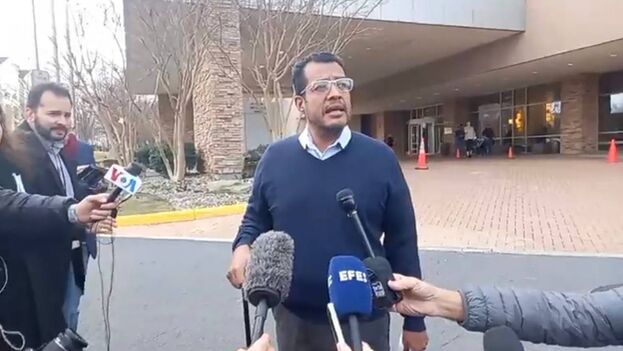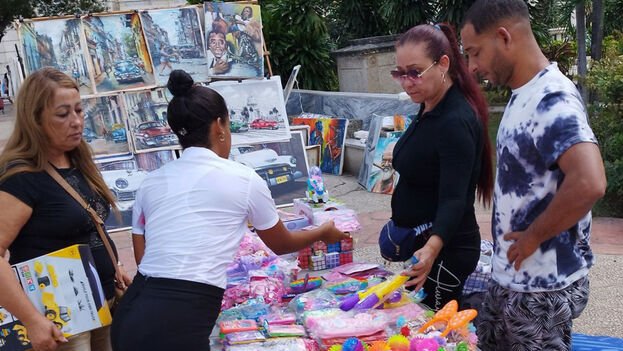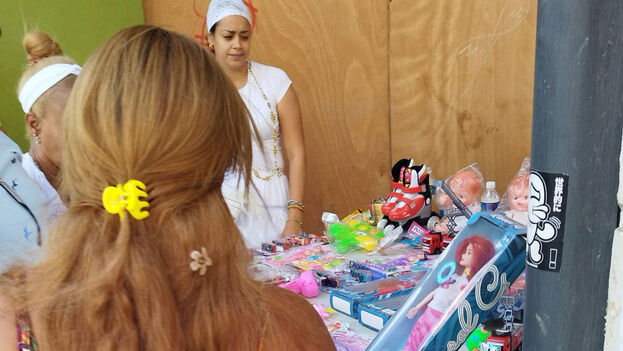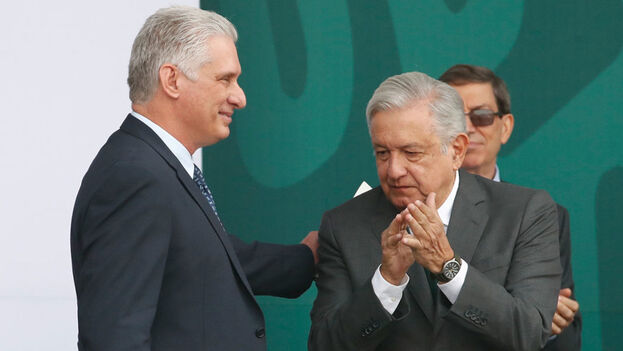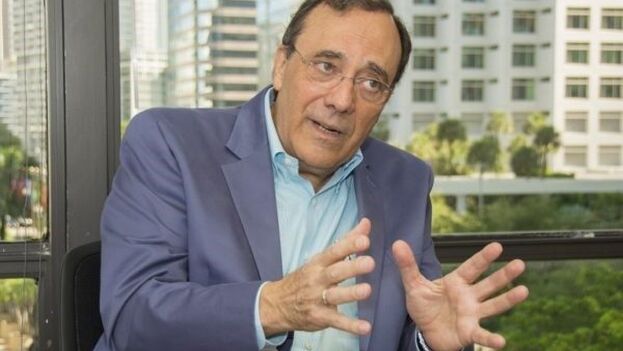
![]() 14ymedio, Havana, Yoani Sánchez, 30 June 2023 — I had read him in those ‘plain-paper covered’ books that passed from hand to hand in Cuba in the 1990s. Later, on our Island where censorship was practiced in all its forms, several videocassettes with some of his participations in foreign television programs slipped through. He had a way of speaking and arguing so different from the leaders who were yelling at us from the tribunes that there was no way to take your eyes off the screen. Cultured, calm, smooth and with prodigious verbal ability, Carlos Alberto Montaner practiced an exercise that had been lost in national political life: debate with respect and arguments.
14ymedio, Havana, Yoani Sánchez, 30 June 2023 — I had read him in those ‘plain-paper covered’ books that passed from hand to hand in Cuba in the 1990s. Later, on our Island where censorship was practiced in all its forms, several videocassettes with some of his participations in foreign television programs slipped through. He had a way of speaking and arguing so different from the leaders who were yelling at us from the tribunes that there was no way to take your eyes off the screen. Cultured, calm, smooth and with prodigious verbal ability, Carlos Alberto Montaner practiced an exercise that had been lost in national political life: debate with respect and arguments.
It was not for nothing that Fidel Castro hated him so much. Compared to the man of letters, versatile, disciplined, and who listened attentively to his interlocutor, our tropical caudillo seemed more hysterical, coarse, and authoritarian. In a hypothetical oral duel between the two, it was easy to determine who would most convince the audience, most move the audience and wield the most reliable data. The fear of meeting Montaner at some international event and coming out worse from an exchange of phrases must have tormented the dictator for decades, who always wanted to be a writer and only managed to become a crazy orator without any poetic flight.
The official discourse presented the exile, who escaped from the island in 1961, as the “black beast” of Castroism, the public enemy one of the nation and coined that he was a violent terrorist because he could not be defeated in the field of words. They ensured that several generations of Cubans did not read his texts at school and, even so, they did not manage to prevent people from knowing him in the country where he had been born in that distant 1943.
The official speech presented the exile, who escaped from the Island in 1961, as the “black beast” of Castroism, the public enemy of the nation
When I opened my Generación Y blog, in April 2007, one of the first attacks I received from the spokesmen for the regime was that of an supposed training that Montaner had given me in Spain, to return to the island and start publishing a blog. At that time, I was afraid and indignant that they lied with such impunity, but today it only makes me laugh and proud to see that, although I didn’t even know that man from Havana with his elegant bearing and tall stature at that time, with that campaign of firing squads against my reputation, they were actually linking my name to his forever. continue reading
With the passing of the years and a long fight to recover the right to travel outside my country, I finally met the author of the Secret Report on the Cuban Revolution. I was surprised by the tone of his voice when we shared a debate table in Madrid, the affability of his character, the immediate affection that he professed to every Cuban who approached him, the willingness to help his compatriots and the absolute lack of rancor in his attitude . That was not, at all, the man that Cuban State Security had painted with a very broad brush.
Later I met his family, he gave me several of his books and we continued talking about Cuba, his great obsession. The day Fidel Castro died, in November 2016, he was the first person my husband and I called from Havana to break the news. I saw him clarify more than once that the time had passed for him to dedicate himself to politics or integrate a government, although I also witnessed many people who approached him and said: “You have to be the next president of Cuba.”
Whenever we saw each other, he asked me about the young people on the Island, he expressed his hopes that the new generations would not have been able to completely eradicate the desire for freedom.
He had, like few relevant figures, the good sense to feel and act accordingly. Whenever we saw each other, he asked me about the young people on the Island, he expressed his hopes that the new generations had not been able to completely eradicate the desire for freedom. He was right. On July 11, 2021, we dialed his number again to confirm that he had not been wrong. Although with his death on June 29 in Madrid he was not able to see the end of the regime, he did experience the hope of those popular protests, the largest and most extensive in the entire history of our country.
His recent farewell column showed part of his greatness: it was a tour of his desires, anxieties, and expectations. While his archenemy had died consumed by anger and publishing insane reflections, Montaner left magnified: lucid, respected by the intellectual community and with the humility of one who knows that a lifetime is finite but every second counts. This Thursday he left with the peace of mind of having contributed with all his talent and energy to his land, to that Island to which he could not physically return but to which he returned, time and time again, through the writing.
Have a good trip, friend, the Cuba of the future will be more like your dreams than the current nightmare.
____________
COLLABORATE WITH OUR WORK: The 14ymedio team is committed to practicing serious journalism that reflects Cuba’s reality in all its depth. Thank you for joining us on this long journey. We invite you to continue supporting us by becoming a member of 14ymedio now. Together we can continue transforming journalism in Cuba.

